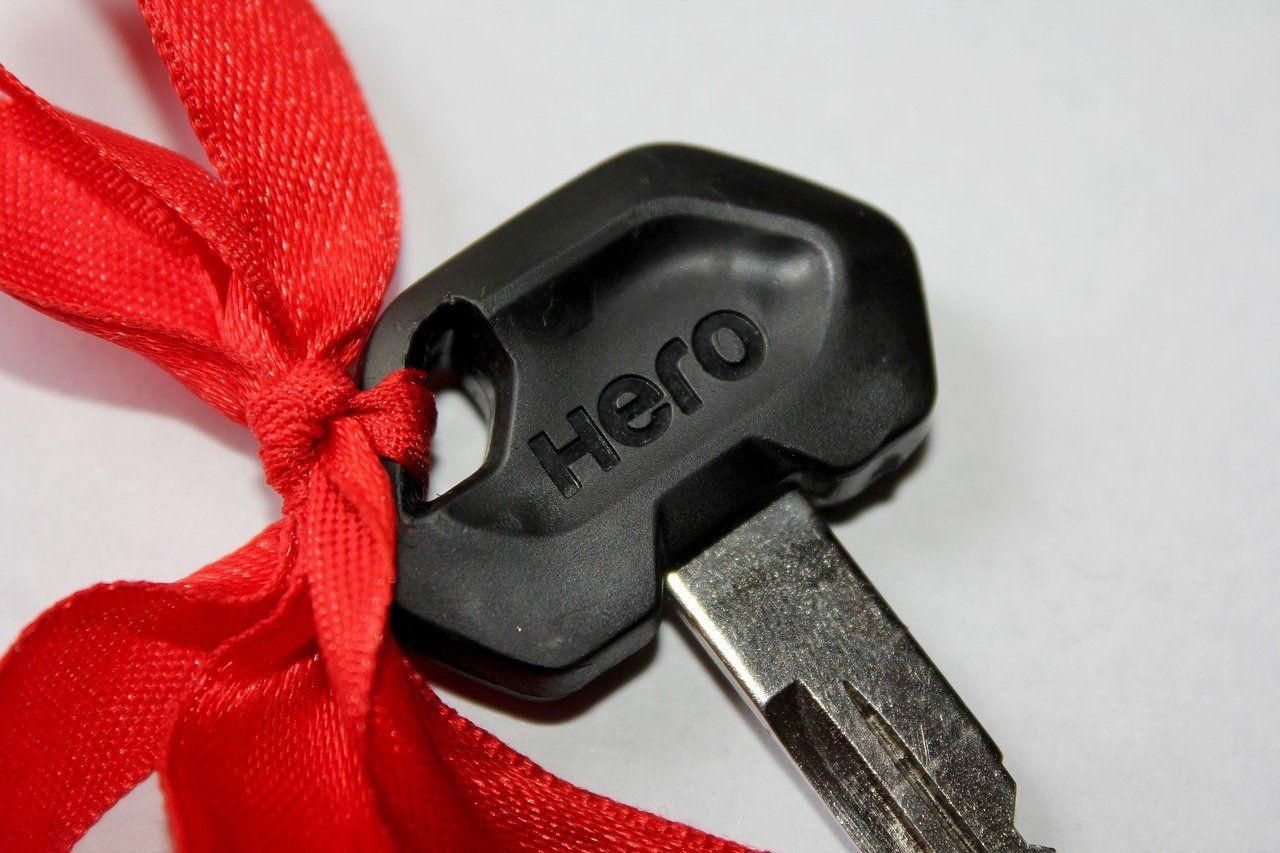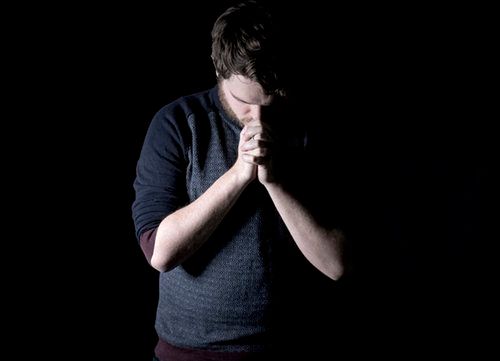
The advertising industry is often regarded as the lowest form of life on the planet.
‘We may be manipulators, exploiters of your every weakness and cunning cultivators of your every fantasy, but at least you can rely on us to be truthful, decent, legal and honest’. Or so they say.
Whether this common perception is fair or not, one thing is certainly true. Never before has a society been so sophisticated in understanding how advertising works and yet so susceptible to that advertising.
Subtle forces
Why do we buy certain brands, yet leave others? Is it merely because we go for the best or cheapest product, having carefully studied all their specifications in the latest Which? report? No — there are far more subtle forces afoot.
Here is a question that may help us get under the ever-so-smooth skin of the issue: Are advertisers selling us a product or an image? Perhaps the answer is that they are offering us an image in order to sell a product.
Do you remember the famous Peugeot 406 campaign? The ad was shot primarily in black and white with a silver tint. It undercut shots of car and driver with a series of male feats — heading a ball despite a head wound, giving mouth to mouth resuscitation, plucking a red-coated girl from the path of an oncoming juggernaut.
Meanwhile, the soundtrack spurred us on: ‘you’ve gotta search for the hero inside yourself if you want to find the key to your life’.

Alienation
This takes a religious New-Age sentiment and adds the suggestion that a Peugeot 406 owner is the kind of person who finds the hero within himself (or herself, of course).
When you buy a 406 you don’t get just the key to a car, you get the key to your life — an association reinforced by the voice-over end-line: ‘The Drive of Your Life’.
But just how does a car help you find the key to your life?
The danger with this sort of advertising is that it encourages us, not so much to use merchandise to express our identity, but to create an identity we would not otherwise have.
Brands sometimes make deliberate attempts to imbue things with meaning they cannot possibly bear, as a solution to a fundamentally spiritual problem — contemporary alienation.
New religion
John Griffiths, an ‘adperson’, puts it like this: ‘Brands are the new religion’. But from the Bible’s perspective, when a brand has acquired the power to confer identity or a sense of worth on a person, it has become a god, an idol.
The advertisers are aiming to satisfy two compelling human needs: those of ultimate significance or purpose, and of relationship and intimacy.
The needs are real. But we can’t rely on the dream-world of brands and logos to fill the vacuum by projecting an artificial image of ourselves.

Knowing God
The Bible claims that only a relationship with God can satisfy our needs and longings for significance and intimacy. Everything else is a short-term trick — perhaps covering our feelings of emptiness and aloneness, but leaving the underlying malady untouched.
But how can a human being know God? By believing in the Lord Jesus Christ, replies the Scripture. He is the real hero, who died to save us from our sins and rose again triumphant over death.
One of Jesus’ disciples once asked him: ‘Lord, show us the Father, and it is sufficient for us’. He replied: ‘Have I been with you so long, and yet you have not known me, Philip? He who has seen me has seen the Father’ (John 14:8-9).
Almighty God, the Father, can be known through Jesus Christ, his Son. Although we can no longer ‘see’ Christ in the flesh, yet he is alive today and still reveals himself to those who seek him with all their heart. They will find him in the Bible and in the gospel it proclaims.














